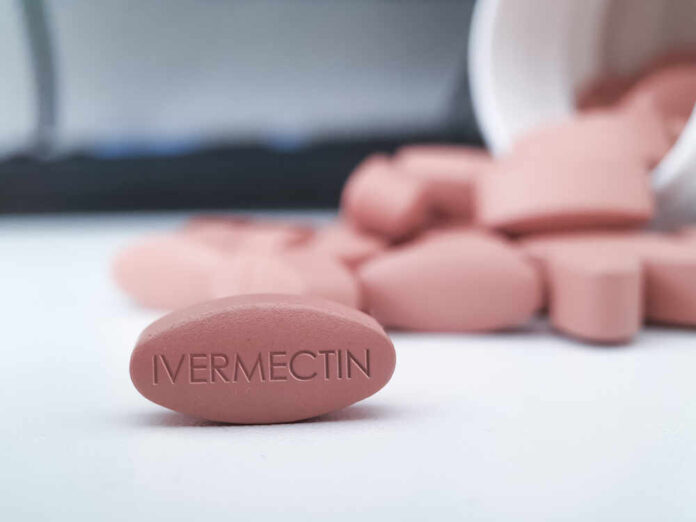
In the midst of the global COVID-19 debate, a new decision from a Missouri federal court has gained attention. The court has sided with pharmacies, specifically Walmart and Hy-Vee in Albert Lea, after they refused to provide ivermectin prescriptions to COVID-19 patients. This situation highlights the balance between patient rights, pharmacy roles, and changing medical advice.
In 2021, a couple named William and Karla Salier wanted to use ivermectin and hydroxychloroquine to treat their COVID-19. A Missouri doctor gave them prescriptions. However, they hit a roadblock when Walmart and Hy-Vee pharmacists wouldn’t give them the medications. The Saliers say the pharmacists warned them about using ivermectin for COVID-19. Karla shared that a Walmart pharmacist gave her a stern warning. Meanwhile, Hy-Vee pointed to a company rule that didn’t allow the drug for the virus.
Lawsuit Against Pharmacies That Refused to Fill Ivermectin Prescriptions Tossed Out https://t.co/VZUHc9BWxo
— PJ Media (@PJMedia_com) August 19, 2023
Because they couldn’t get the human version of ivermectin, the Saliers took a type meant for large animals. They felt better after using it and decided to sue the pharmacies. They believed the pharmacies stopped them from making a personal health choice.
The courts didn’t side with the Saliers. Both the district court and the higher U.S. Court of Appeals for the Eighth Circuit said the pharmacies were right. The courts noted that in Missouri, pharmacists can make decisions about providing medicines. At that time, major health groups, including the FDA, warned against using ivermectin for COVID-19.
Evidence has shown that Ivermectin was an effective treatment against Covid-19 from the start.
The FDA quietly acknowledged the drug's effectiveness with approval last week.
Imagine how many lives could have been saved if they had followed the science three years ago. https://t.co/nFKvPESDCo
— Rep Andy Biggs (@RepAndyBiggsAZ) August 15, 2023
Now, there’s a twist. Reports say the FDA has changed its mind and will now let doctors prescribe ivermectin for COVID-19. This change has caused some to question the fast-paced and changing information during the pandemic. At first, many saw ivermectin only as a “horse drug.” Now, it’s being seen in a different light, causing some confusion.
The court’s decision tells us that professionals, like pharmacists, can make their own decisions in their job. Diane Marks said pharmacists have the right to decide what to provide. But she also said, “Pharmacists aren’t doctors,” suggesting patients should get what their doctors prescribe.
Some big questions still remain. How many people, like the Saliers, couldn’t get their medicines? How many didn’t know what to do because of different opinions? These events show why clear and honest communication is so crucial during health emergencies.


















